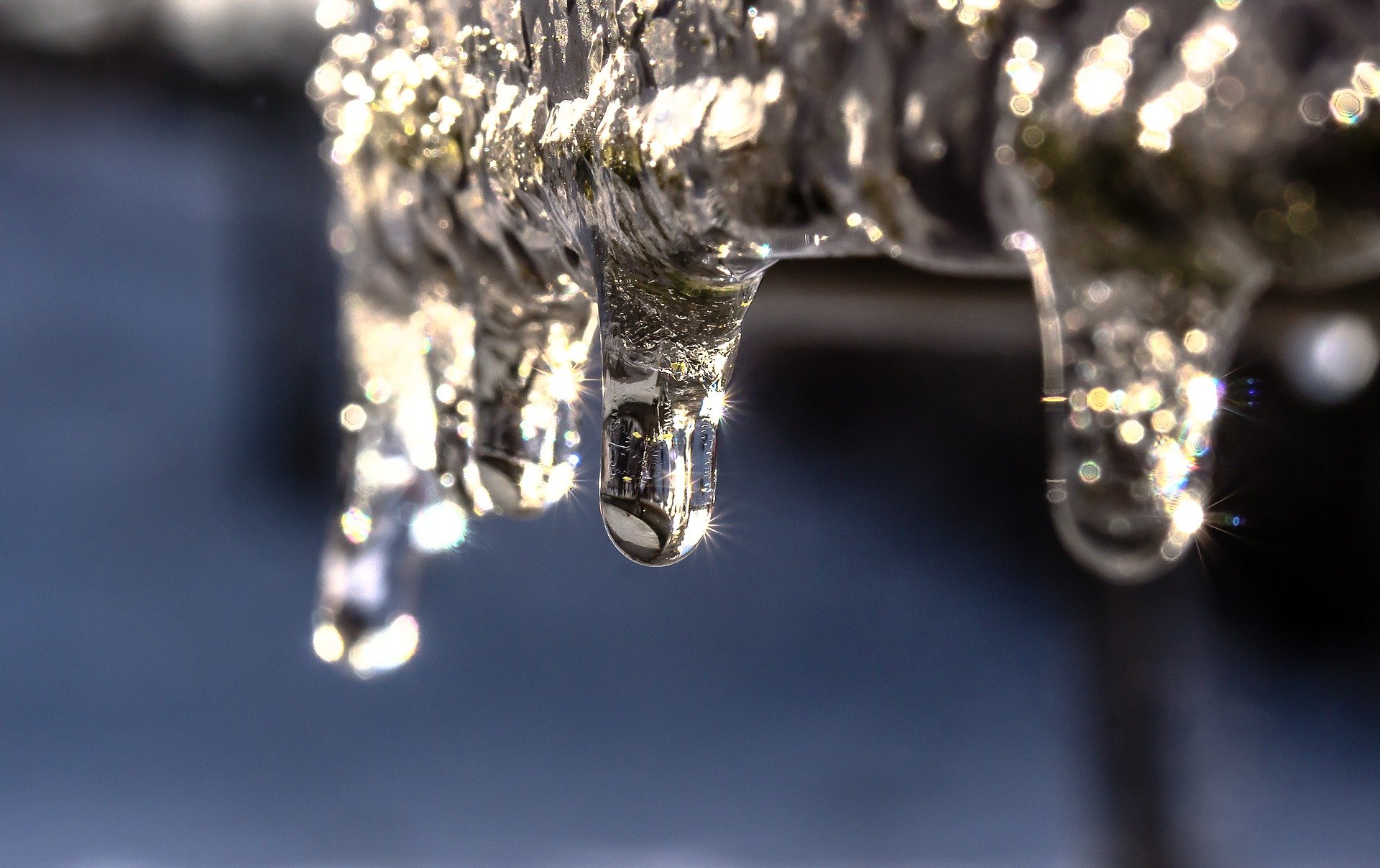Taking a Quick Getaway This Winter? Don’t Come Home to Busted Water Pipes.
Thinking about getting away for a long weekend to escape the chilly temps? Just remember that while you might be somewhere warm and sunny, your home’s water pipes are still being exposed to winter’s extreme temperatures and at risk of bursting.
Just ask the poor people of Texas. Historically low temperatures and unprecedented snow and ice storms this February knocked power out for most homeowners in the state that set off a wave of burst water pipes that are expected to set off unprecedented insurance claims.
According to the Insurance Information Institute, one in 50 homeowners file water damage claims each year, which accounts for 24% of all insurance claims filed with an average cost of about $10,900. When the thermometer dips, pipes that are not insulated and exposed to colder temps — which the Building Research Council at the University of Illinois pinpoints at around 20 degrees — are at risk.
Winter 2021 has proven to have a lot of (nasty) tricks up its sleeve so if a getaway is in your near future, make sure you set some time aside to make sure you don’t return home to a house filled with water from burst pipes.
Why Water Pipes Burst
It’s pretty simple, really. As water freezes, it expands and puts pressure on whatever container it’s in — like the water pipe you use in the summer to water your garden and hose off your dog. No matter how strong that container is, the ice is going to win.
Many of the water pipes running through your home are exposed to outdoor temperatures. Those include pipes running through exterior walls, under kitchen and bathroom cabinets and in attics, basements and crawl spaces. If these pipes aren’t insulated, you’re just asking for a room full of ankle-deep puddles.
According to American Red Cross, the water pipes that are most apt to freeze are:
- Pool and water sprinkler lines.
- Interior supply lines running through unheated spaces like attics, garages and kitchen cabinets.
- Pipes running along exterior walls with no insulation.
How to Prevent Frozen Water Pipes
To keep your water pipes warm-and-toasty while you’re away, make sure to take the following precautions:
- Keep garage doors closed to retain heat.
- Open kitchen and bathroom cabinet doors to allow warm air to circulate.
- Leave heat set to at least 55 degrees.
- Drain water from swimming pool and sprinkler lines.
In the long run, consider some preemptive measures, including:
- Add insulation to pipes running through attics, basements and crawl spaces to help maintain higher temperatures.
- Install products specifically made to insulate water pipes.
- Consider relocating exposed pipes to warmer locations nearby.
It might go against the desire to save money and limit utility use, but the following measures could help prevent pipe bursts during cold snaps:
- Let cold water drip from the faucet as the running, even when it’s a trickle, will keep pipes from freezing.
- Keep the thermostat set at the same temperature both day and night.
What to Do if Water Pipes Freeze
First, don’t panic! But if you return home and turn a faucet on and only a trickle comes out, the pipe is probably frozen. Here’s what to do:
- Warm those pipes up with electric heating pads, space heaters, towels soaked in hot water, even a hair dryer.
- As you warm the pipes, make sure to leave the faucet open to allow the melting ice some place to go and encourage the rest of the frozen water to melt.
- Keep heating the pipes until full water pressure returns.
- If you cannot access frozen pipes, call a licensed plumber.
If water damage is incurred and you suspect mold has cropped up somewhere in your home’s interior, call Stock Environmental Consulting for a free consultation.
Take it from the groundhog and the crazy weather Winter 2021 has thrown our way: winter’s not going away any time soon. If you’re planning to leave your home for a few days, make sure your water pipes aren’t added to the list of this year’s casualties.




